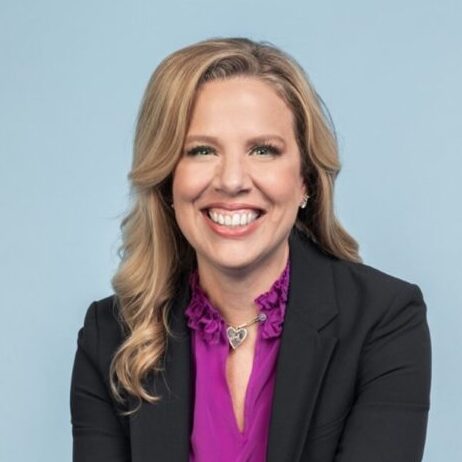Many business leaders and HR industry analysts say that AI will be a catalyst for a new era of human potential, driving innovation and creativity. This outcome could be an incredible asset for employers, but it can’t happen without leadership and goals that support the business while taking advantage of new tools.
Making this shift is not easy, says Jacqui Canney, chief people officer at ServiceNow. “It requires realigning the people strategy to the business strategy, a fresh organizational mindset and future-ready talent,” according to Canney. To do this, CHROs and the rest of the C-suite must be in sync more than ever before, according to Canney.
Longtime industry analyst Josh Bersin agrees. “There is a major increase in the C-level importance of the CHRO,” Bersin wrote in a June 2024 blog post. “CHRO pay has rapidly increased, and more and more companies tell us that HR is leading the company’s AI initiative, productivity program and culture change.”
‘Not just a tech challenge’
If AI truly transforms the workplace, organizations will face the potential for both opportunities and challenges, particularly regarding how work gets done.
A recent survey from ServiceNow and research firm ThoughtLab tapped into the mindset of 1,225 senior HR executives from North America, Europe and APAC. According to the survey—published in a new ebook called HR leadership for new business era: The role of HR leaders in driving business transformation—65% of CHROs believe AI will fundamentally alter how work is conducted.

Not all CHROs are at the same starting point when it comes to embracing digital solutions, as the survey notes. After all, each organization has unique needs and objectives—the HR leader at a school district doesn’t have the same priorities as the CHRO running a car company.
The report states that organizations in every industry are transforming their businesses to improve financial and operational results. C-level priorities vary by sector, affecting HR leaders’ goals. However, any AI or tech implementation—to any degree that impacts workers—requires insight and an understanding of employment regulations, regardless of industry.
“HR plays a critical role in responsible AI implementation,” says Canney. “Because this is a human challenge, not just a tech challenge.”
Who are the ‘HR innovators’?
The ServiceNow report considers this reality and identifies a set of “HR innovators,” senior HR executives from the most digitally advanced firms. According to ServiceNow, they exemplify future HR leadership in a digitally transformed business world. These 158 innovators already excel in leveraging technology—particularly AI and data analytics—to enhance productivity and employee experiences and to situate their workforces for future business growth.
This population is largely positioned in the financial services and tech industry, is located in North America and works for larger organizations, the research found. Based on the survey, only 14% of leaders are considered HR innovators, the most proficient and proactive users of technology.
These HR leaders share another commonality. In digitally advanced organizations, nearly nine out of 10 HR innovators employ HR and talent strategies well-aligned with the C-suite’s priorities, compared to just 33% in beginner organizations, the moniker ServiceNow gives to less digitally mature workplaces.
The C-suite needs HR leadership
In light of the artificial intelligence surge, many HR leaders are called to helm AI-driven transformation, working closely with CEOs to take advantage of the promises of new tech. Nearly half of CHROs in digitally advanced organizations report strategic C-suite partnerships, compared to 31% in beginner organizations, according to ServiceNow. Additionally, 34% of CHROs in advanced organizations have partnered with their CEOs, versus 17% in beginner firms.
This momentum isn’t limited to the relationship between HR leadership and the chief executive. In fact, ServiceNow predicts that CHROs and CIOs will form the new “power duo.” In digitally advanced organizations, 62% of HR innovators collaborate with CIOs to support innovation. The study found that beginner organizations aren’t that far off, with half reporting that CHROs and CIOs work in tandem, a show of enthusiasm at every level for the potential of this dynamic.
Organizations that have embraced digital transformation in their HR practices are reaping significant rewards. The survey indicates that over half of these organizations have reduced costs, while an equal percentage also report increased revenue.
Most organizations would welcome these financial gains, and finding inroads to the bottom line is often necessary for human resource departments. ServiceNow found that digitizing HR functions and employee experiences not only provides value to employees but also yields significant financial and strategic benefits. According to the survey authors, HR leaders looking to activate the benefits of workplace digital transformation can develop specific leadership skills.
In addition to the C-suite team partnerships already discussed, these are business acumen, analytics and data management, planning and strategy, and change management. “We’re in the early innings, so we must sharpen our own understanding and our approach,” says Canney.
The post A new ‘power duo’ emerges as the C-suite increasingly relies on HR leadership appeared first on HR Executive.